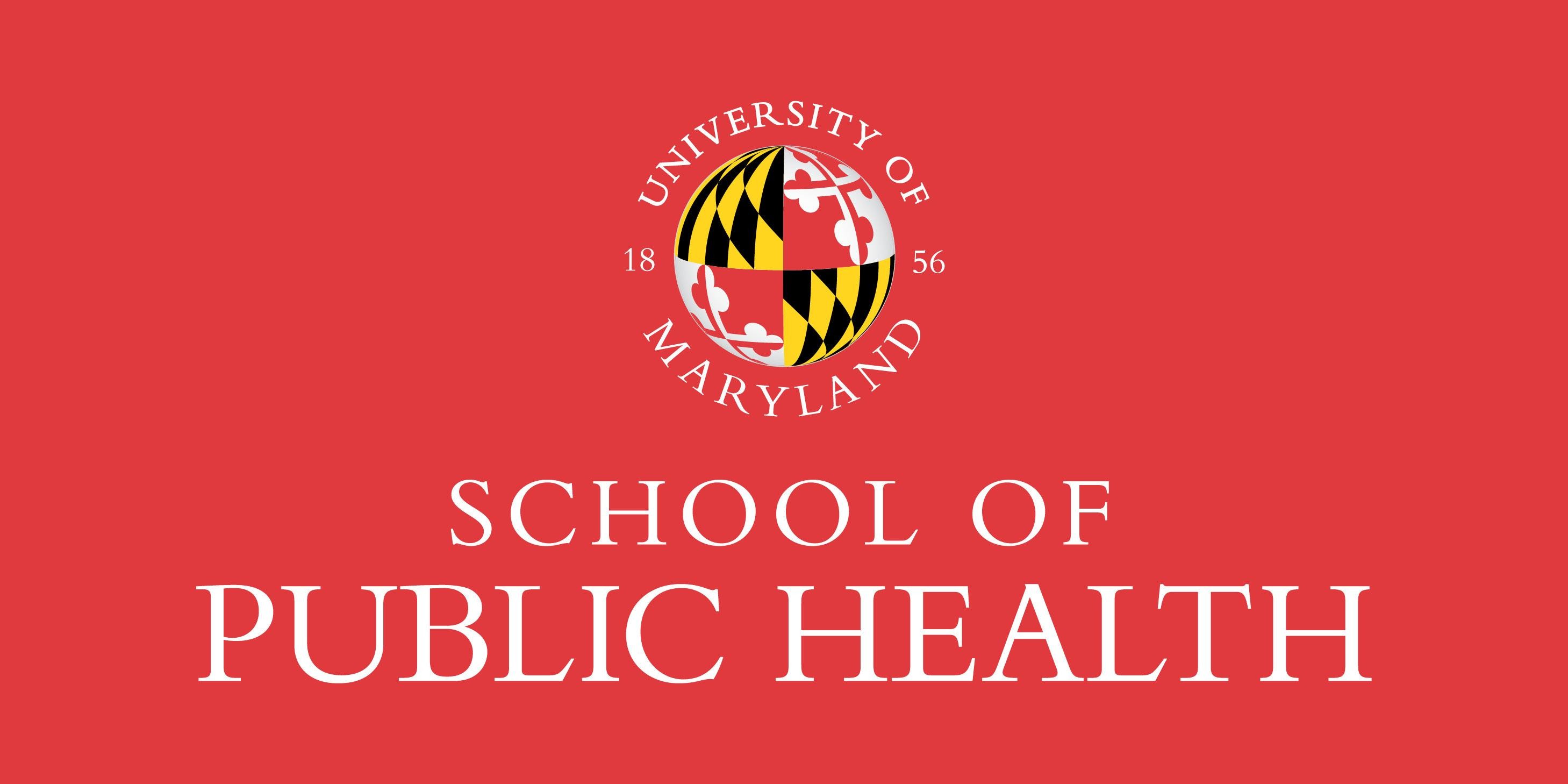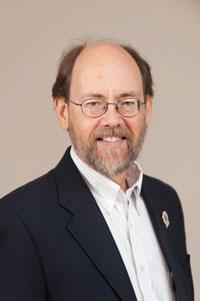

Donald Milton, an infectious disease aerobiologist at the University of Maryland School of Public Health, says that World Health Organization information about the spread of COVID-19 was given to the public prematurely.
WHO said that the virus that causes COVID-19 doesn’t seem to linger in the air or be capable of spreading through the air over distances of three feet. But, Milton said it’s far too soon to know that.
"I think the WHO is being irresponsible in giving out that information. This misinformation is dangerous," Milton told NPR.
According to WHO, COVID-19 travels through respiratory droplets that can travel short distances, like when someone coughs or sneezes. Other viruses can spread through germs which can suspend in the air for hours, and get breathed in when other people pass by, like measles.
WHO says that COVID-19 could transmit in this airborne way “in specific circumstances and settings,” like when a patient is intubated in a hospital or being disconnected from a ventilator. They recommended “airborne precautions'' when medical workers do these procedures, but otherwise say that taking airborne precautions is not needed.
"I don't think they know, and I think they are talking out of their hats," Milton told NPR. "The epidemiologists say if it's 'close contact,' then it's not airborne. That's baloney.”
According to Milton, there’s not a black-and-white distinction between airborne viruses that linger in the air and ones that are spread by larger water droplets. Transmission is far more nuanced.
Milton said the CDC is correct in telling the public to employ airborne precautions, in the face of uncertainty, and WHO should follow their example.
Related Links: